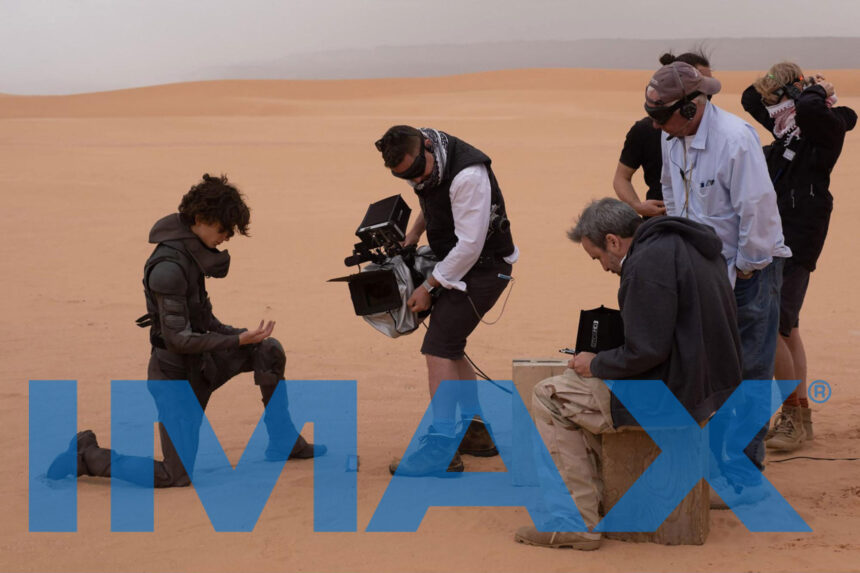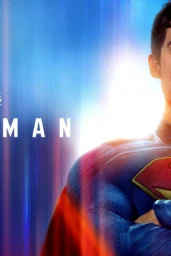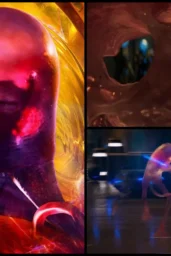Denis Villeneuve’s ‘Dune: Messiah’ , confirmed by IMAX CEO Richard Gelfond at a recent industry event, will be shot entirely using IMAX film cameras—joining Christopher Nolan’s upcoming ‘The Odyssey’ as only the second feature-length film in history to do so.
Let that sink in for a moment.
No digital crutches. No compromises. Just pure, unfiltered celluloid glory.
The Quiet Revolution of IMAX Film Cameras
It wasn’t always possible—not practically, anyway.
Gelfond recalled how Nolan once called him up with a challenge: “If you can figure out how to solve the problems, we’ll make it 100% in IMAX.”
And he did.
IMAX has quietly rolled out a new generation of film cameras designed specifically for long-form narrative filmmaking. These machines are:
- 30% quieter — sync sound is now viable without battling mechanical noise.
- Lighter , thanks to carbon fiber builds — no more lugging around tanks.
- More efficient , with faster scanning and real-time dailies — filmmakers can finally see what they’ve captured without days of delay.
These upgrades may seem incremental, but they’re revolutionary in practice. Nolan used them to shoot every frame of ‘The Odyssey’ —a film still under wraps—in full IMAX. And now Villeneuve follows suit.
Why Now? Why IMAX?
This isn’t nostalgia posing as innovation.
Villeneuve and Nolan aren’t clinging to the past—they’re pushing analog forward into a future where digital dominates. Their insistence on IMAX is less about rebellion and more about control.
Shooting in IMAX means capturing images with unparalleled resolution and depth. It means rejecting the artificial sharpening and oversaturation that come too easily in post-production. It means framing in 1.43:1 aspect ratio —the full IMAX format—which demands theatrical presentation worthy of the image itself.
But here’s the catch: not all theaters support full-frame IMAX projection. That could limit the experience to select high-end venues. Still, Villeneuve wouldn’t settle for anything less.
What This Means for the Audience
You don’t need to love analog to appreciate the effect.
Watching a film shot entirely in IMAX feels different. You’re pulled into the frame, surrounded by texture and shadow. There’s a weight to it—a gravity—that digital often struggles to replicate.
For fans of Dune , this news should send a thrill through the spine. If Part One was a masterclass in scale and silence, Messiah promises to go further—deeper into the desert, darker into Paul Atreides’ unraveling mind—all framed in the richest grain film can offer.
Final Note: Dates & Deliverables
As of now, ‘Dune: Messiah’ is scheduled for release on March 21, 2025 .
Christopher Nolan’s ‘The Odyssey’ is expected in late 2026 , though no official date has been set yet.
We won’t know the full impact until the lights dim and the reels start spinning—but one thing is clear:
This isn’t just a comeback for film.
It’s a reclamation.










